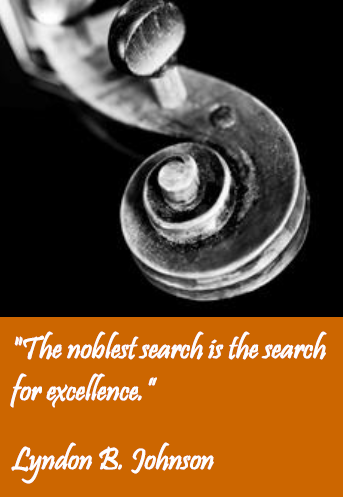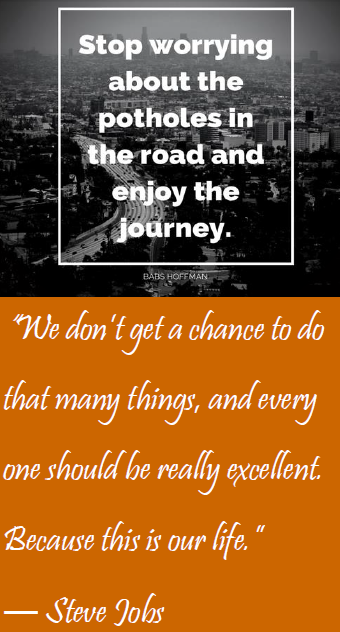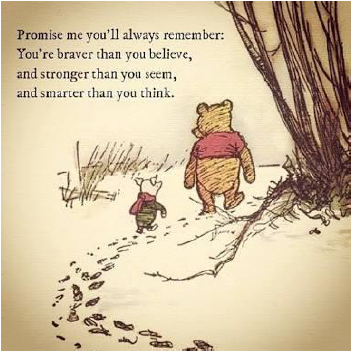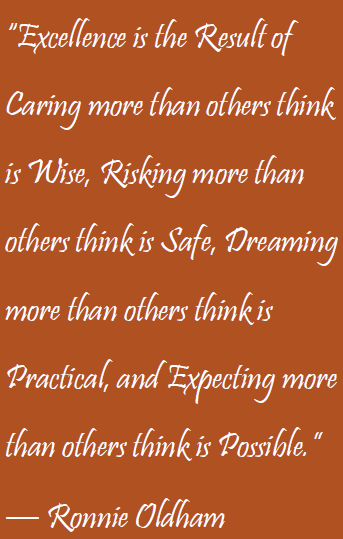A Coaching Power Tool Created by Herman Pinto
(Business Coach, UNITED STATES)
Introduction

He lived with his parents and they gave him love and sympathy. He started to depend completely on them. James became used to the attention he received and lost the urge to grow in his career. He refused to take up a job and refused to complete his education. As others felt sorry for him, he started feeling sorry for himself. One day James had a visit from a cousin Simon, who was serving in the army in a war zone. For Simon, bullets and bombs were a daily feature – his life was at risk every day.
Simon had taken a break for a week to take his final exam towards his degree – yes – with his life in danger, and all his salary going towards taking care of his aged parents, he made time to get his degree. He also made time to meet his cousin James who needed help.
James realized he was living with mediocrity. He realized that his medical situation had given him an excuse to stop trying to do his best. He was used to believing that there was no use trying to change his life for the better if he did not know whether it would last.
Simon by his example, gave James hope. They defined dreams, goals and action plans – long term and short term. Simon started working towards his goals with help from his mentors.
Thirty years later James looked at the list of his goals – he had achieved every goal on his list and they were not small goals considering the uncertainty he had in his life. Some of his goals were:
- Get a Degree
- Get married
- Have children
- Own a Business
- Be a millionaire
- Have a large house
Simon had helped transform James thought process from one satisfied with mediocrity to one thirsting for excellence.
What is Excellence?

According to Aristotle,
Excellence is an art won by training and habituation. We do not act rightly because we have virtue or excellence, but we rather have those because we have acted rightly. We are what we repeatedly do. Excellence, then, is not an act but a habit.
What is Mediocrity?
According to the Oxford dictionary, mediocrity is the quality of being average or not very good.
Why Strive for Excellence over Mediocrity?
Here are some of the reasons to strive for excellence:
- Nothing of any real significance happens to people who linger in the status quo.
- Humans have the ability to do excellent things over and over and over again.
- You grow and develop as a person when you set out to do more than is merely expected or required. People who pursue excellence in their niche become leaders in their niche, without question. People will notice the effort. It gets rewarded in either dollars or attention, and sometimes in both.
- People will begin to follow you on social media and perceive you as an expert.
- People who tend to pursue excellence have less stress in their lives.
How Do I Evolve from Mediocrity to Excellence?

If you are going to achieve excellence in big things, you develop the habit in little matters. Excellence is not an exception, it is a prevailing attitude.
- Identify the cause of your Mediocrity. It is important to know where you are and what got you here. Be honest in your assessment. What is mediocre to you may not be so to another person or the general public.
- Determine what excellence looks like to you. What are your Standards? Excellence is about setting standards. Try to be very specific.
- Clearly define the values that must be included in order to achieve excellence. If you have set a goal of curing cancer, but you have to manipulate clinical trial results to release your drug, this would not be the path to excellence because you’ve compromised your values (not to mention the legal implications of such actions). Excellence has the potential of being felt in the small actions that occur every single day.
- Clearly communicate your values. Once you know what you want to achieve and how you want to achieve it, you will need to communicate this with those that are working with you or for you (if you are a coach, manager, head of a company, etc). In order to create strong relationships with those we work with and spend our lives with, we can’t assume they know what we value unless we communicate with them.
- Define Goals and a plan of Action: Lay out a plan that works for you. You may prefer to shoot for the stars and accept that you will get to the moon. Alternatively you may find that define attainable, well-paced goals work better for you.
- Act: Align your actions with your plans and your words. A certain way to gain respect, support and more effort from those around you is to align what you say with what you do.
- Consistently monitor your actions against your goals, plans, and professed values. Hold fast to your direction and how you are attaining the current results as you align your words and actions repeatedly and consistently. Consistency is the factor in reaching success, and the act of consistent best efforts is an act of excellence.
A coach will work with a client to follow the above steps towards excellence.


